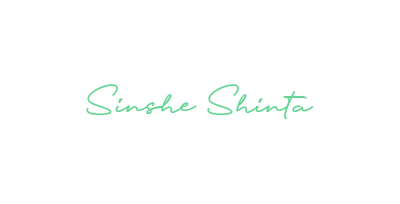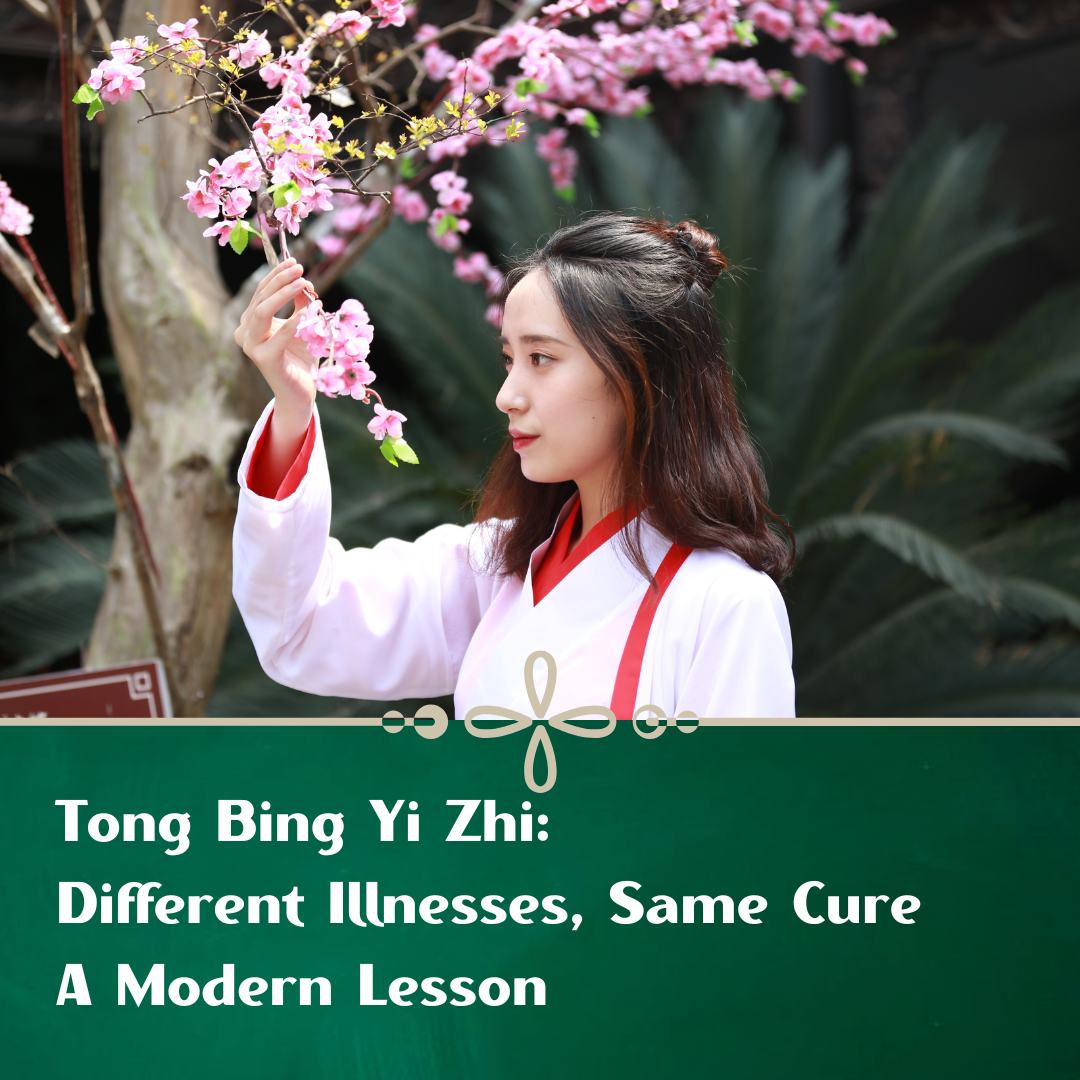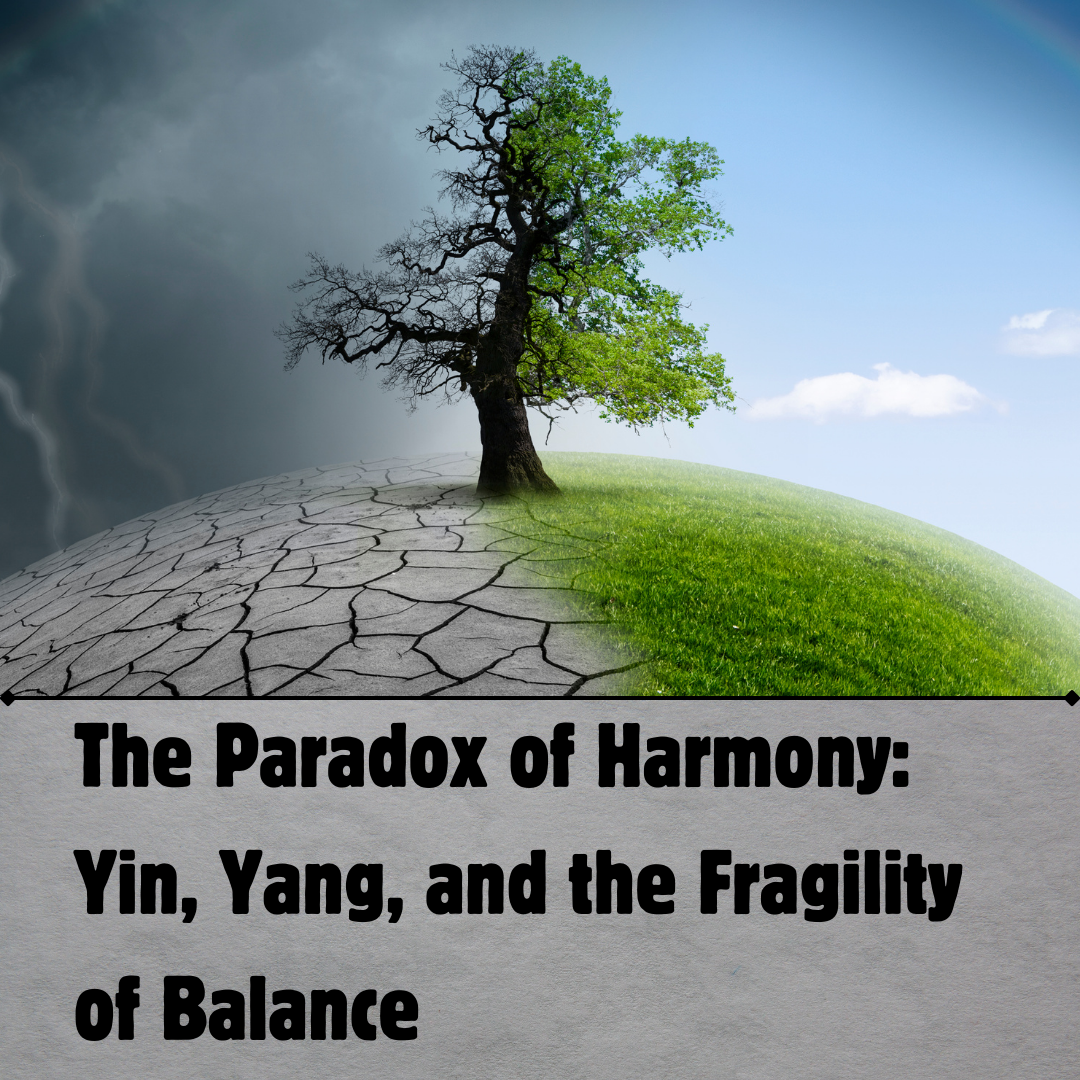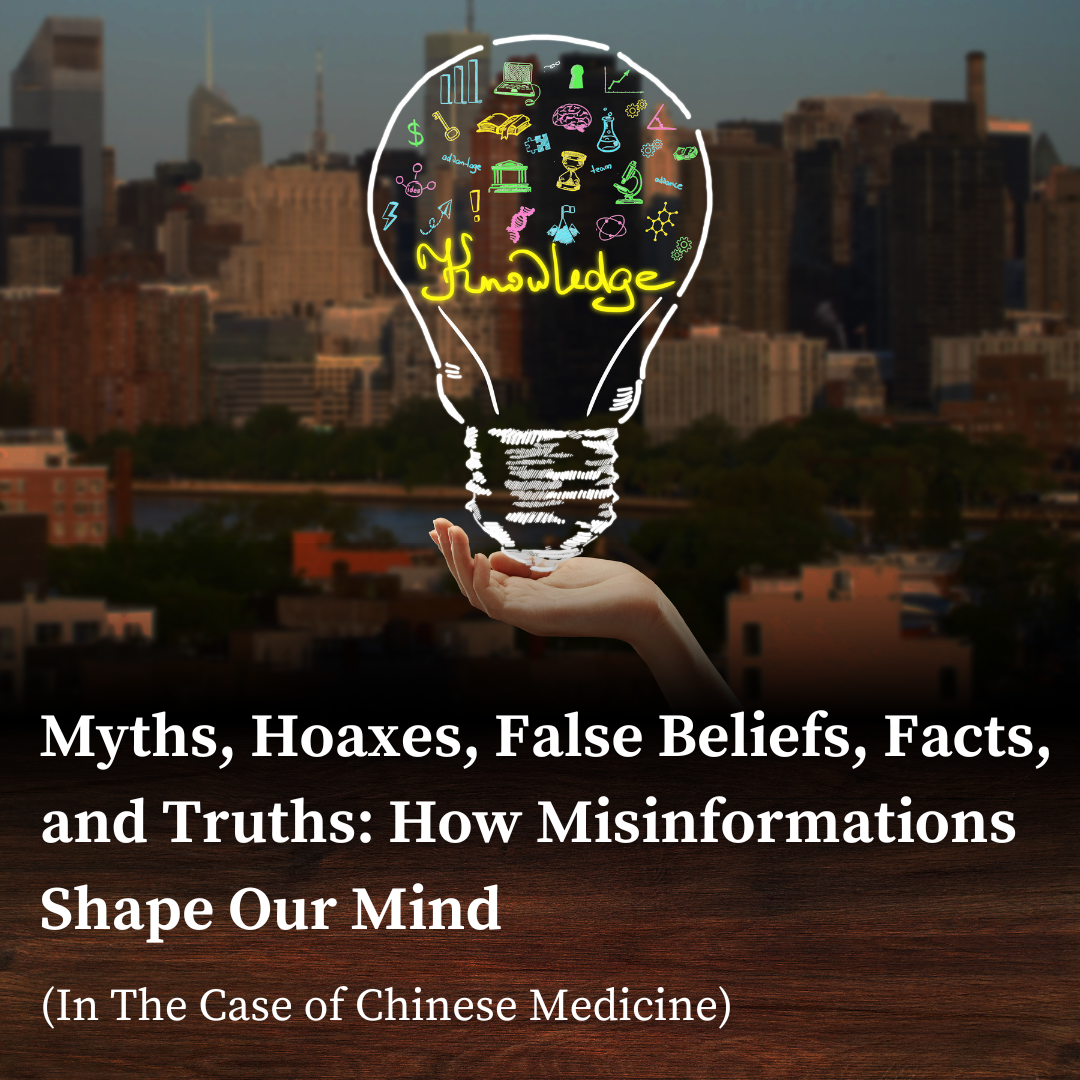It was an exhausting day. You—an earnest, dedicated employee, diligent and conscientious in your desire to contribute meaningfully—had worked nonstop from 9 a.m. to 5 p.m., braving traffic jams and, like many others, staying overtime. You didn’t arrive home until 9 p.m. When you finally stepped through the door, completely drained, you sighed in relief and thought, “At last—I can relax and enjoy sweet dreams in the bed I’ve missed so much.”
But before you could even change clothes, your phone rang. It was a report: the office computer system had malfunctioned—no one knew why—disrupting your work. The issue turned out to be minor and was resolved easily. Still, it made you furious. Your first thought? “That sudden problem just stole time from my rest.”
You were deeply irritated. Of course, you held back—you didn’t scold the person who reported the issue, knowing they weren’t the cause. But the anger remained, unexpressed, and began boiling inside. Suddenly, you developed a splitting headache. Your muscles became painfully tense—especially in the neck and shoulders—and sleep vanished. It was strange. You had been desperately tired, eager to collapse into bed, but now you were wide awake—because you were angry. And this alertness came not with renewal, but with discomfort: shortness of breath, agitation, restlessness. Yes—you were irritable. Instead of relaxing, your sleepless state only deepened your unease.
The next morning, your head still throbbed.
This single incident had a ripple effect, severely compromising your performance. You want to be productive. You aim to give your best—to work diligently, sincerely, to contribute. But instead, you’re in pain.
Isn’t that incredibly frustrating?
You ask yourself, “Instead of making a meaningful contribution, I’m left with problems? Instead of results, I’m left with suffering?”
In fact, the more you force yourself to push through, the worse it becomes: your headache intensifies, your shoulders and neck ache, your breathing becomes labored and heavy. Other symptoms arise—dry eyes, numbness in your limbs, persistent itching—and yes, anxiety. Your patience thins. You become reactive. Even minor annoyances spark irritation. Colleagues begin to avoid you, whispering labels behind your back: “The Angry One,” “The Irritable One,” and worse. That contribution you dreamed of? That success you chased? It now seems to drift further and further out of reach.
And instead of improving, your health deteriorates.
You glance at your coworkers. Your boss. Your friends, neighbors, family—anyone. You wonder, “They’re all working just as hard. They seem fine—why am I the one who keeps getting sick?”
“What’s wrong with me?”
“What do they have that I don’t?”
The Chaos of Yin and Yang
Let’s set aside modern scientific explanations for a moment—no talk of metabolism, neurology, hormones, or neurotransmitters. Let us instead turn to an ancient science from a faraway Eastern world: Traditional Chinese Medicine.
You’re not alone. Many experience this exact pattern. It’s not limited by culture, race, or religion. It’s universal. I’ve witnessed it in countless people—and yes, I’ve experienced it myself, many times. Truly—I, a practitioner of Chinese Medicine, go through this too.
As a practitioner, I strive to understand these conditions through the lens of Chinese Medicine.
Within its philosophy lies the concept of Yin-Yang. The full explanation is long, layered, and profound—something I will explore in depth in later writings. But for now, I’ll focus on its relevance to your experience. In essence, Yang relates to heat, activity, and movement, while Yin refers to cold, stillness, and calm. Yin and Yang do not only represent opposites (hot vs. cold, active vs. passive)—they represent a dynamic relationship. Why does something become hot? Often, because coldness has diminished. Why does something become active? Because passivity has retreated. This tension and balance is the heart of Yin-Yang.
In your case, your hard work—your diligence and dedication—is admirable. But according to Chinese Medicine, it depletes your Yin, weakening it. When Yin drops below Yang, Yang becomes dominant—not because it has grown, but because Yin has retreated. Just like when a middle-class person falls into poverty, another person of equal standing automatically appears wealthier by comparison. That “richer” Yang becomes arrogant, inflated: “Haha, I’m above Yin!” This arrogance causes Yang to act out, suppressing Yin even further.
In society, this is called inequality. In your body, it’s called illness. That pain you feel? It’s not random. It’s Yang recklessly overruling your Yin—your body’s quieter, stabilizing force—now too weakened to resist:
- You are exhausted, overworked, and lack proper rest → Yin Deficiency.
- Then, a sudden disruption (like the office report) triggers rage → Yang rises abruptly.
This interaction is known in Chinese Medicine as Hyperactive Yang due to Yin Deficiency.
This is a syndrome. Traditionalist Chinese Medicine—of which I am one humble practitioner—categorizes illness based on syndromes. There are many, and this is one of them. It perfectly matches what you experienced:
- Headaches
- Neck and shoulder tension
- Muscular stiffness
- Numb or tingling limbs
- Shallow breathing
- Irritability and emotional restlessness
Each of these symptoms has a detailed energetic explanation. I’ll explore these mechanisms more deeply in a future article.
Body Constitution
Let’s return to your questions: “What’s wrong with me?” and “What do they have that I don’t?”
This leads us to a reality that may feel unjust, but is important to understand—Body Constitution.
Just as there are disparities in wealth, intelligence, and beauty, Chinese Medicine teaches that there are also differences in health. These are not always earned or deserved. They are often innate. Or, if you prefer—fated.
You might ask: “Isn’t that unfair? Wealth can sometimes be earned through effort. Beauty can be enhanced through surgery. Is health fixed? Can it be changed? And if so—how?” You might go even further: “Modern medicine has cosmetic surgery. What does Chinese Medicine offer for beautifying or strengthening the body?”
These are profound questions—and I’m thrilled you’re asking them. They reflect your sincere curiosity and respect for the tradition.
And just like your earlier questions, they cannot be answered in a single article. The scope of Chinese Medicine is vast—oceanic, even. But we’ll get there. For now, let’s return to Body Constitution Theory.
Some people are born with robust health—resilient bodies, abundant energy, sharp minds, strong immunity. They excel without much effort. They rarely fall ill. It seems almost unfair.
Others are sickly from childhood. A simple cold spreads to them like wildfire. And once infected, they recover slower than the person who passed it to them. Isn’t that frustrating?
More fascinating still, even the type of illness you’re prone to is governed by your constitution. Yes—there is a logic behind your suffering. Even imbalance follows a pattern. This is a rich topic I’ll revisit soon.
For now, let’s focus on a specific constitution: the Yin Deficiency Type.
Sound familiar? It’s the same term used earlier to describe the syndrome. And yes—same definition, same mechanism. The only difference is this: the syndrome refers to a temporary state of illness; the constitution refers to your baseline condition. In other words, Yin Deficiency can be your health identity in Chinese Medicine.
Can we then consider Constitution a kind of Self Identity? A personal “label”? If you’re asking this question, we’re entering thrilling territory—one that has not yet been deeply explored in most circles.
So, What Happened to “Me”?
If you visited a Chinese Medicine practitioner, their diagnosis would likely fall into two possibilities:
- You have the Yang Hyperactivity due to Yin Deficiency Syndrome
- You possess the Constitution of Yin Deficiency, and your work-related stress has only exacerbated it, triggering a flare-up
Either way, the core issue remains the same: Yin Deficiency. Hyperactive Yang does not arise on its own—it emerges when Yin is too weak to restrain it. Therefore, all treatment principles will revolve around restoring Yin.
Chinese Medicine, with thousands of years of empirical wisdom, is well-versed in treating Yin Deficiency—whether constitutional or symptomatic. If you find a skilled practitioner, results may appear surprisingly quickly: your headaches fade, your muscular tension softens, your anxiety recedes. You feel ready to return to work, full of hope and a renewed sense of purpose.
But—
In Chinese Medicine, any syndrome involving Deficiency—whether of Yin, Yang, Qi, or Blood—is notoriously slow to resolve.
Recovery takes time. The deeper the constitutional root, the longer the healing.
Therefore, when you enter treatment, you must cultivate the right mindset:
Don’t expect quick fixes—just come, and gradually, you will heal.
What should we hope for?
- A gentle but steady rise in Yin
- A slow, refined, and meaningful recovery
- The belief that slow beginnings lead to profound, lasting transformation
That is what we hope for.
Disclaimer:
This content offers high-level insights intended to stimulate intellectual discussion. It draws from research and analysis, integrating perspectives from Chinese Medicine and related disciplines. However, it is not a substitute for professional medical, scientific, or clinical advice. Readers are encouraged to engage critically and consult a qualified Chinese medicine practitioner or licensed healthcare professional when appropriate.







